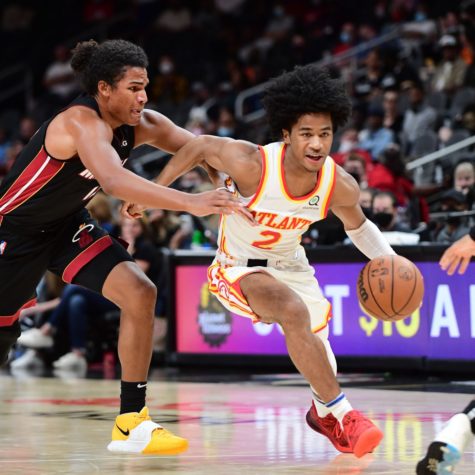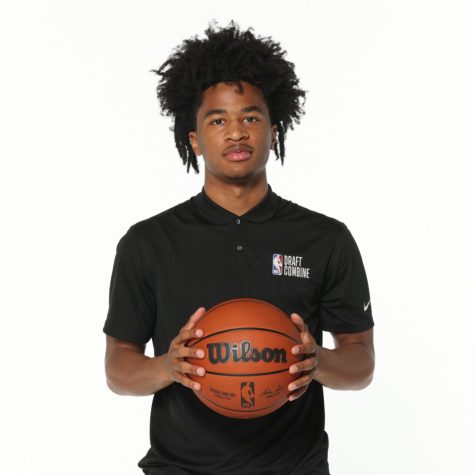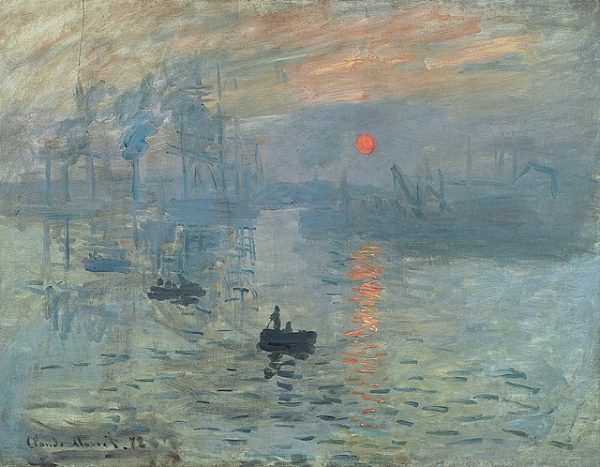Sharife Cooper’s Two Way Contract


The Atlanta Hawks have a strong young core, which makes them “the most fun (team) to watch” according to the votes of 10% of NBA executives. Though they have a higher average age than several other top-tier teams, it’s their blending of veteran players and rookies that makes their games interesting, with the more experienced players acting as score-protection to maintain their wins and the younger players adding the flair of unpredictability.
This year during the NBA draft, Sarife Cooper was the 48th pick for the Atlanta Hawks. A rookie point guard hailing from McEachern High School and signing to Auburn, Cooper has a history of being a proficient player. He averaged at 20.2 points per game, which could qualify him for All-Star consideration if he manages to maintain that standard among the professionals. It was because of a ranking slip that he was picked for the Hawks. However, given his recent performance, was this ranking truly a reflection of his potential? Should the Hawks consider dropping another player to make room for him as a permanent part of the team?
The main concerns that many professional teams most likely had surrounding Cooper were his height and his rapid decrease in shooting percentage after he joined Auburn’s team.
The less serious of the two is his height. Sharife Cooper stands at 6’1”, which is five inches shorter than the average player. Height plays into a sport like basketball, and since he’s on the shorter side, Cooper could be at a disadvantage in an exceptionally competitive environment like the NBA. However, there have been several proficient basketball players who have been on the shorter side. Muggsy Bogues played 889 games in his career and had an FG% of 45.8. He stood at only 5’3” tall, making him the shortest player in the history of the NBA. Therefore, Cooper’s height would not be an issue, especially if he has the tenacity and skill to keep up with the taller players.
Despite this, the numbers must be considered. Since he started playing at Auburn, his FG% has decreased by almost 50. This worsening performance could have been an indication of worsening skill, which would be inadequate for NBA teams and would combine with his height to create a subpar player. Even so, his FT% still sits at 82.5, so it could be argued that the issue with his performance is due to his teammates and their chemistry and not his skill. Still, it is the combination of these two factors that most likely led to his decrease in ranking during the draft.
All things considered, it is too early in his career to determine if he should be put on as a permanent member of the Hawks. Nevertheless, he shows promise and will most likely prove to be an important member of the team throughout this season.

Hey, guys! My name is Emma Simmons, and I am Sarah’s other half and Co-Editor. This is my fourth and final year of journalism, so everyone is in for...











